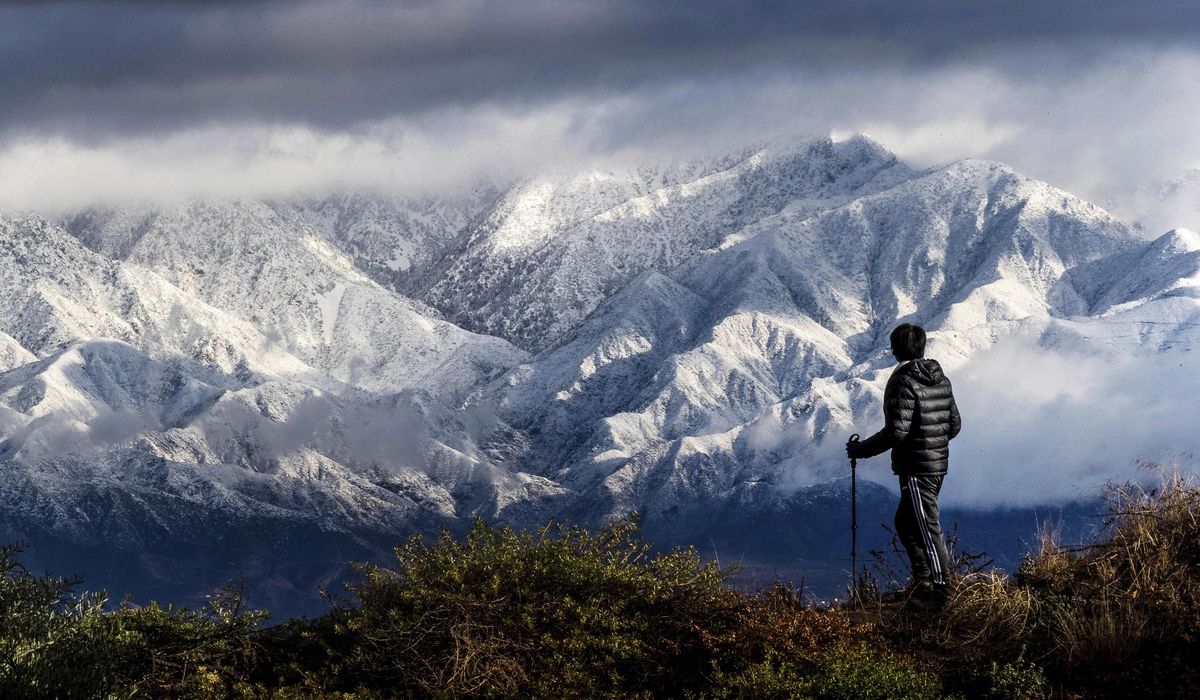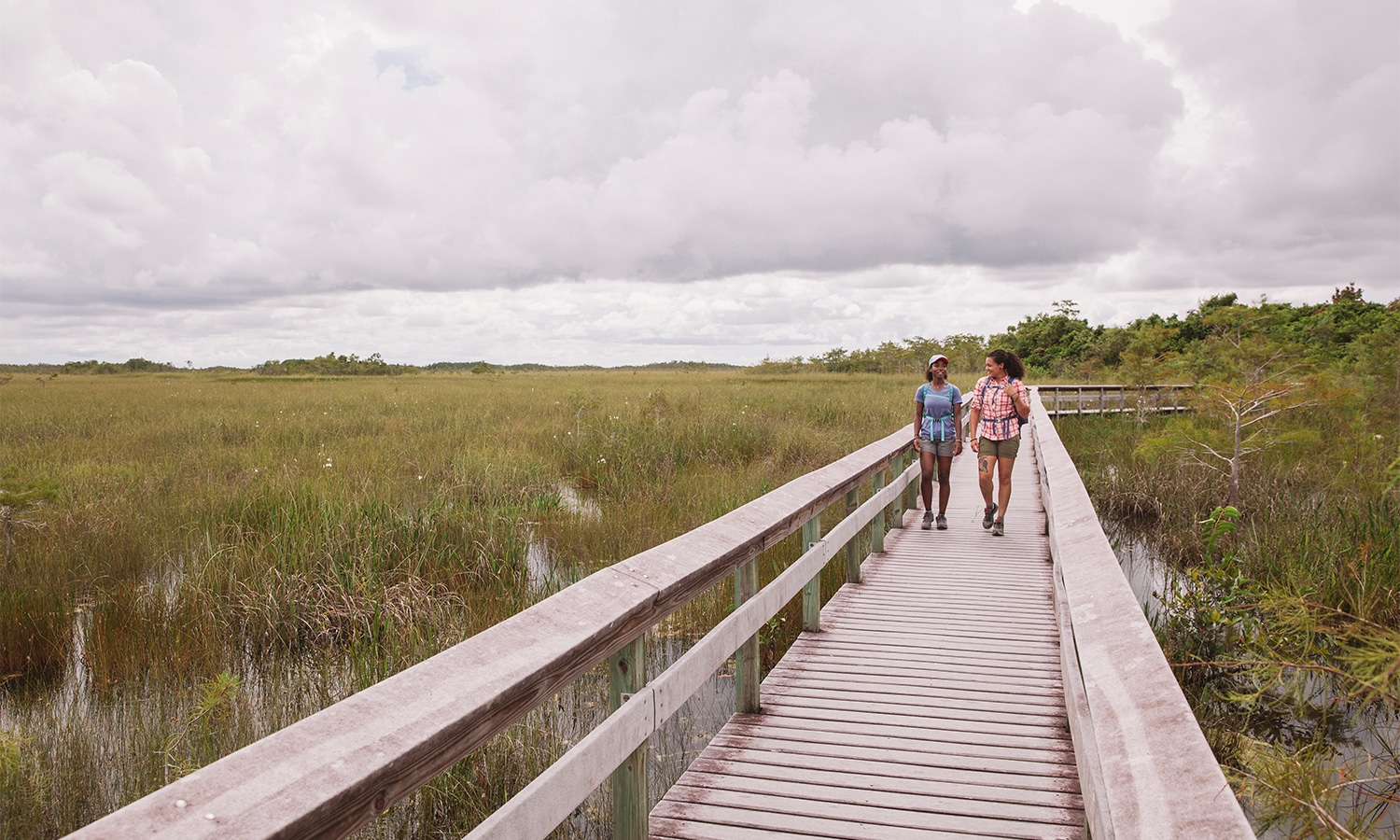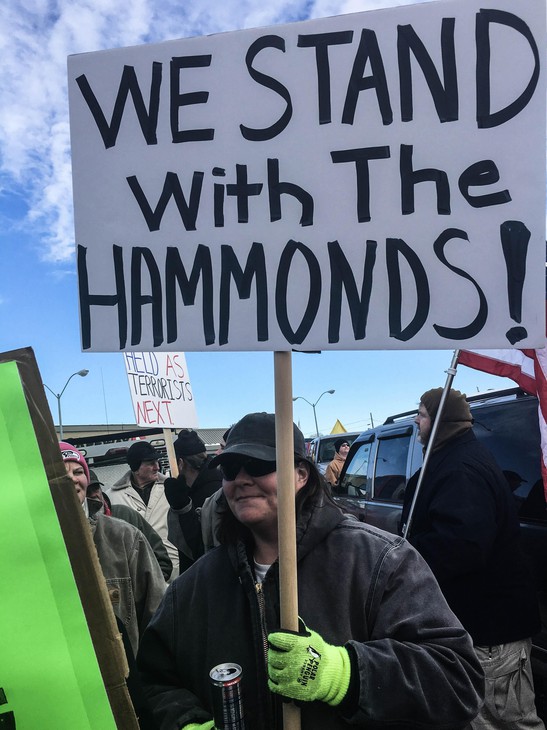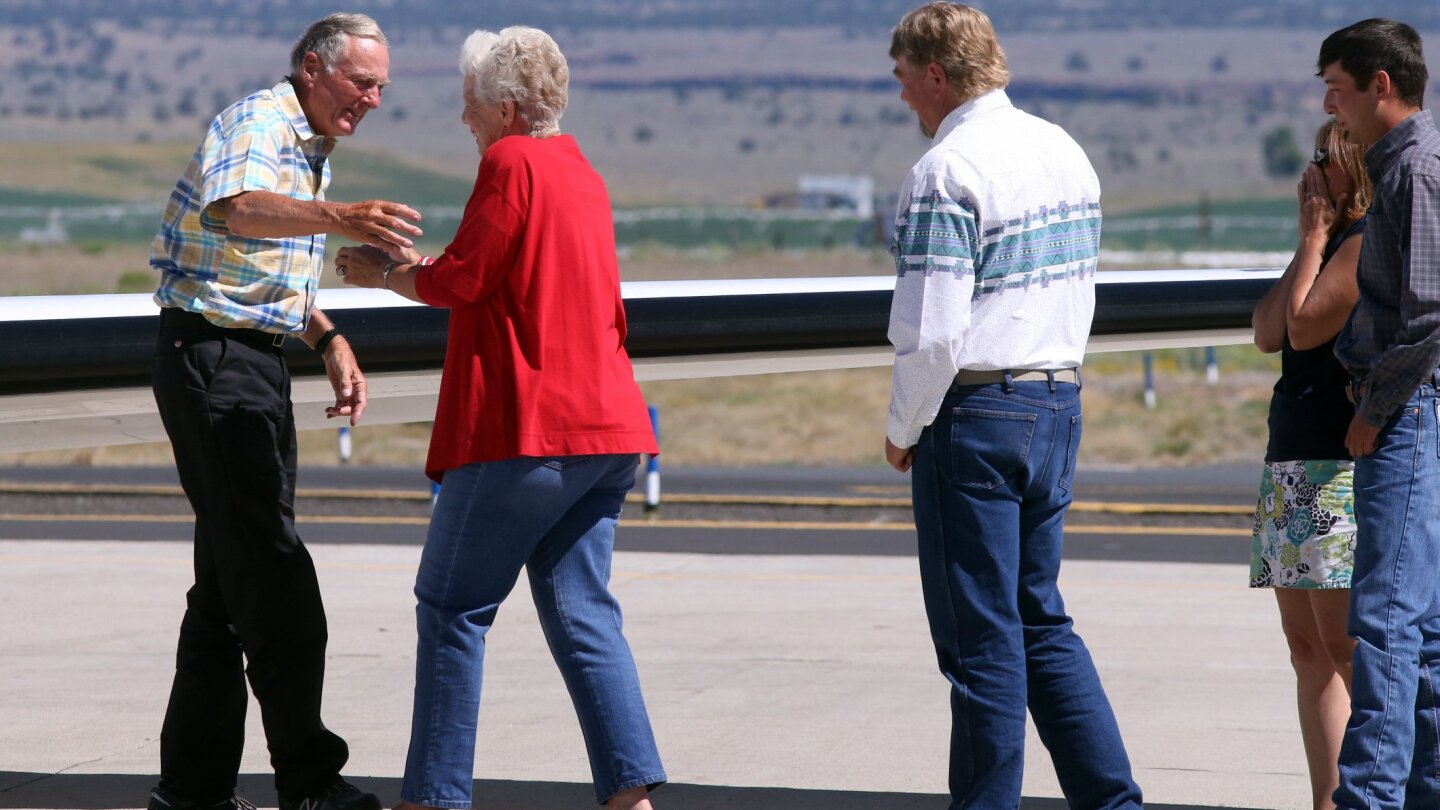1. Language has, of course, been weaponized by the Democrats. They twist it in ways that Orwell spotlit in 1984.
" To meet the ideological requirements of English Socialism in Oceania, the ruling English Socialist Party (Ingsoc) created Newspeak,[1]:309 a controlled language of simplified grammar and restricted vocabulary designed to limit the individual's ability to think and articulate "subversive" concepts such as personal identity, self-expression and free will.[2] Such concepts are criminalized as thoughtcrime since they contradict the prevailing Ingsoc orthodoxy.[3][4]"
 en.wikipedia.org
en.wikipedia.org
Even more corrupt, it often means the opposite of what words mean.... as seen in Obama's 'Affordable Heathcare Act'....and 'the Equality Act.'
2. And, keeping feudalism in mind,...
Fascists, Nazis, Liberals, Progressives, Socialists, Communists, Democrats
... the collective, command and control regulation of private industry, and overarching government that can order every aspect of the private citizen's life....right down to control of his thoughts and speech.
None of the totalitarian forms of political plague have the slightest concern for human life: not communism (gulags), not Nazism (concentration camps), not Liberalism (abortion), not Progressivism (eugenics), not socialism (theft), not fascism (murder).
The Democrats check every one of those boxes.
They only differ in the final outcome: slavery, serfdom, or death.
3. Of course, under a monarch, disguised as overarching government, the god of the Left.....they own everything:
"House votes to set aside 3 million Western acres in 'massive land grab'
The House voted Friday to cordon off nearly three million acres of Western land in the name of environmental protection, overriding Republicans who called it a “massive land grab” that will kill jobs, increase wildfire danger and reduce access to public lands."

 amp.washingtontimes.com
amp.washingtontimes.com
a. “…one out of every two acres in the West is federally owned. In Nevada, the figure is 81.1 percent; in Alaska, 61.8 percent; in Utah, 66.5 percent; in Oregon, 53 percent. In Connecticut and Iowa, the federal government owns 0.3 percent of the land.
“The federal estate is larger than France, Germany, Poland, Italy, Spain and the United Kingdom combined,” said Robert Gordon, a senior adviser for the Heritage Foundation. “It is too big and was never intended to be preserved as one big park, but the left is strangling use of it and with it, rural America.”
Hold your horses: Nevada standoff reveals bigger fight over federally owned land
b. This is but the tip of the iceberg, as feudal big government uses bogus regulations and statutes to essentially co-opt ownership of ‘private land.’
“…when land is public, or if it can be made quasi-public with so many regulations attached that most property rights are removed, people can’t afford to fight, having lost the better part of their wealth. So ideally for the movement, regulations should be almost infinite in reach and so imprecise as to be interpreted in a dozen ways. All that‘s needed to force these regulations is sufficient documentation of collapse, supported by books, movies, documentaries, museum exhibits, cartoons, newspapers and magazine stories, the devotion of fervid columnists, et cetera, ad infinitum, to convince the public that “something must be done.” This “feeling” is backed by a slightly more substantive hundred-page full-color glossy PDFs aimed at policy makers and politicians.”
Nickson, “Eco-Fascists,” p. 170.

" To meet the ideological requirements of English Socialism in Oceania, the ruling English Socialist Party (Ingsoc) created Newspeak,[1]:309 a controlled language of simplified grammar and restricted vocabulary designed to limit the individual's ability to think and articulate "subversive" concepts such as personal identity, self-expression and free will.[2] Such concepts are criminalized as thoughtcrime since they contradict the prevailing Ingsoc orthodoxy.[3][4]"
Newspeak - Wikipedia
Even more corrupt, it often means the opposite of what words mean.... as seen in Obama's 'Affordable Heathcare Act'....and 'the Equality Act.'
2. And, keeping feudalism in mind,...
Fascists, Nazis, Liberals, Progressives, Socialists, Communists, Democrats
... the collective, command and control regulation of private industry, and overarching government that can order every aspect of the private citizen's life....right down to control of his thoughts and speech.
None of the totalitarian forms of political plague have the slightest concern for human life: not communism (gulags), not Nazism (concentration camps), not Liberalism (abortion), not Progressivism (eugenics), not socialism (theft), not fascism (murder).
The Democrats check every one of those boxes.
They only differ in the final outcome: slavery, serfdom, or death.
3. Of course, under a monarch, disguised as overarching government, the god of the Left.....they own everything:
"House votes to set aside 3 million Western acres in 'massive land grab'
The House voted Friday to cordon off nearly three million acres of Western land in the name of environmental protection, overriding Republicans who called it a “massive land grab” that will kill jobs, increase wildfire danger and reduce access to public lands."

House votes to set aside 3 million Western acres in ‘massive land grab’
The House voted Friday to cordon off nearly three million acres of Western land in the name of environmental protection, overriding Republicans who called it a “massive land grab” that will kill jobs, increase wildfire danger and reduce access to public lands.
a. “…one out of every two acres in the West is federally owned. In Nevada, the figure is 81.1 percent; in Alaska, 61.8 percent; in Utah, 66.5 percent; in Oregon, 53 percent. In Connecticut and Iowa, the federal government owns 0.3 percent of the land.
“The federal estate is larger than France, Germany, Poland, Italy, Spain and the United Kingdom combined,” said Robert Gordon, a senior adviser for the Heritage Foundation. “It is too big and was never intended to be preserved as one big park, but the left is strangling use of it and with it, rural America.”
Hold your horses: Nevada standoff reveals bigger fight over federally owned land
b. This is but the tip of the iceberg, as feudal big government uses bogus regulations and statutes to essentially co-opt ownership of ‘private land.’
“…when land is public, or if it can be made quasi-public with so many regulations attached that most property rights are removed, people can’t afford to fight, having lost the better part of their wealth. So ideally for the movement, regulations should be almost infinite in reach and so imprecise as to be interpreted in a dozen ways. All that‘s needed to force these regulations is sufficient documentation of collapse, supported by books, movies, documentaries, museum exhibits, cartoons, newspapers and magazine stories, the devotion of fervid columnists, et cetera, ad infinitum, to convince the public that “something must be done.” This “feeling” is backed by a slightly more substantive hundred-page full-color glossy PDFs aimed at policy makers and politicians.”
Nickson, “Eco-Fascists,” p. 170.
Last edited:




